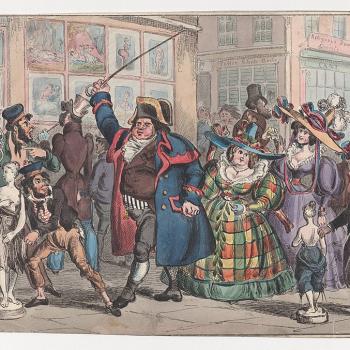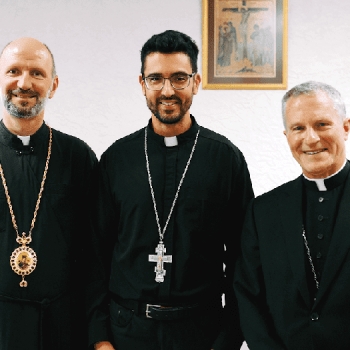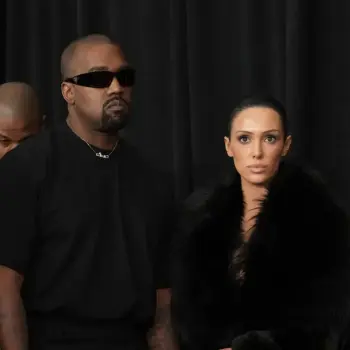To put it bluntly, the earth! The old narrative invites us to pass through this world as quickly as possible, en route to heaven. This world is more like a one-night stand in a Motel 6 than our home, so we don't worry about making the beds or maintaining the plumbing or getting to know our neighbors. But the narrative I'm proposing in the book still holds the hope of life with God beyond this life, but it focuses our attention on this world, which is truly important because it is God's beloved creation to which God has promised to be faithful. In my understanding, to be a Christian is to join God in God's saving love for all creation.
Scot McKnight reviewed your book recently in Christianity Today. He wrote, "Brian's new kind of Christianity is quite old. And the problem is that it's not old enough." Your New Christianity may be new for you, he says, but it is actually a rehash of 19th-century liberal theology. How do you understand McKnight's critique, and do you think it's fair or accurate?
Well, I like Scot very much, and I think he's light years ahead of many evangelicals in his openness to fresh perspectives. But I would express a couple of things differently than Scot did in the review. First, I wouldn't want to promote that widespread evangelical viewpoint that sees nothing or next to nothing of value in 19th- or 20th-century liberal theology. The old narrative that liberal is bad and conservative is good has become toxic, addictive, and harmful to both sides, in my opinion.
I believe that liberal theology had some real strengths along with its weaknesses, which is what I'd also say about 20th-century evangelicalism, too. (And it's what I'd say about my own life too, for that matter!) So I would hope I have good things in common with liberal theology, whether in its 19th-, 20th-, or 21st-century forms --such as a less reactive attitude toward scientific discoveries than their conservative counterparts often have had, or a deep commitment to work against systemic injustice to non-whites and women and gay people. Similarly, I would hope to have many good things in common with 20th-century conservative evangelical theology, and many good things in common with Pentecostal theology, and many good things in common with medieval Catholic theology, and so on. I don't want to carry on the black-and-white thinking about liberals that conservatives often promote, or the opposite.
Second, although I respect Scot on so many counts, I wouldn't want to overlook the many ways in which my proposals differ from traditional liberal theology. My attitudes and commitments regarding Jesus, the Holy Spirit, scripture, spiritual experience, institutionalism, personal commitment and conversion, evangelism and discipleship, and many other subjects make many of my liberal friends think of me as conservative. Sometimes I wonder if evangelicals simply use the word "liberal" as a way to say, "Let's stop listening to this person. He's too different from us, and so is not worth our time and attention." I hope that's not the case, but sometimes, this is what I feel like when evangelicals use "the L word."
For me, liberal isn't automatically a bad word. If liberal means free from tyranny, I'm for it. If liberal means generous, I'm for it. If liberal means believing that our best days are ahead of us, I'm for it. If liberal means welcoming honest questions and giving honest scholarship a fair hearing, I'm for it. If, on the other hand, liberal means without restraint, or careless about tradition, or dismissive of scripture, or institutional and lukewarm regarding commitment to Christ, and so on, then I wouldn't want to be associated with that. And we could say parallel things about the word "conservative."
One of the most compelling qualities about you and your work is that you are in conversation with people from all religious streams and venturing out way beyond the walls of your church, or any one church. Why does this seem important to you? How does this fit into your vision of "a new kind of Christianity"?
Many of us grew up in religious settings where the unspoken rule was, "The only kind of relationship you can have with a non-Christian is a relationship that aims to convert him or her." So it was seen as somewhat unfaithful to simply befriend people of other religions -- to enjoy their company, to find common ground, to work with them for the common good, and so on. But that didn't make sense to me. And it was difficult practically because I've always had friends and neighbors who weren't Christian. What was I supposed to do? cut them off? Would that be Christ-like -- to have conditional and manipulative relationships that I walk away from if the person doesn't live up to my hopes and expectations? That doesn't sound like doing unto others as I would have them do unto me.





